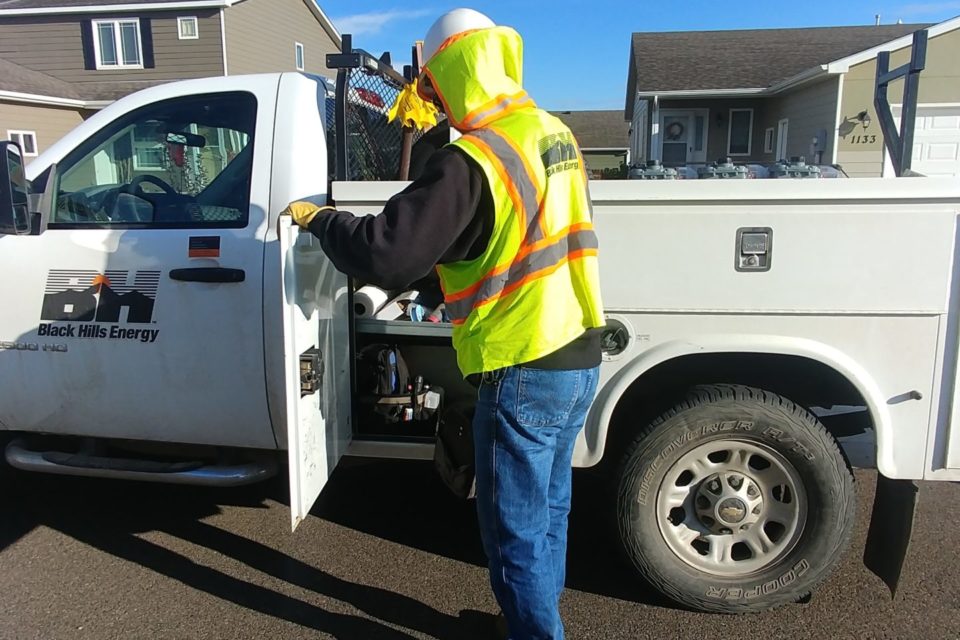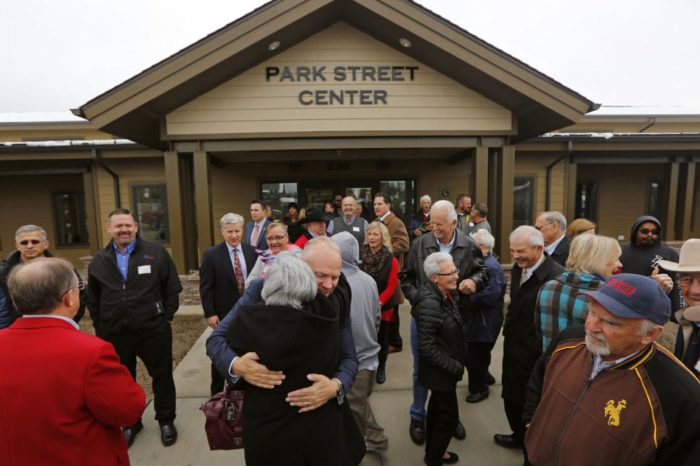Black Hills Energy Commits $375,000 to COVID-19 Community Relief Efforts

Black Hills Energy announced today plans to donate $375,000 to coronavirus relief efforts across its eight-state service area, including $30,500 in Wyoming.
This investment is supported by their electric and natural gas subsidiaries serving the state as well as the Black Hills Corporation Foundation, the charitable arm of Black Hills Energy.
As the impact of the coronavirus grows, Black Hills Energy’s number one priority is the continued safety of its customers, employees and communities. After assessing the growing needs in communities it serves, Black Hills Energy designated $375,000 for immediate relief efforts in Arkansas, Colorado, Iowa, Kansas, Montana, Nebraska, South Dakota and Wyoming.
“Our hearts go out to all those impacted by COVID-19, whether physically or economically, as we witness it impact communities where our families, friends and customers live, work and raise families,” said Black Hills Energy president and chief executive officer, Linn Evans.
“As a provider of critical electric and gas services, we are committed to ensuring all the communities we serve maintain access to these services, but our care for our customers goes well beyond providing these services. We have been by our customers’ sides throughout all of the challenges over the last 136 years and will continue to do so through this challenge too.”
Black Hills Energy has identified food insecurity as an essential need in Wyoming and allocated $10,000
for immediate relief efforts through the Wyoming First Lady Jennie Gordon’s Wyoming Hunger Initiative.
“We continue to adapt to the ever-changing environment and are working daily to play our part in reducing the spread of COVID-19 and helping those who are impacted,” said Black Hills Energy Wyoming Director of Operations, Dustin McKen. “In Wyoming we will look for ways to partner in the communities we serve.”
Additionally, Black Hills Energy offers assistance options for customers who may be financially impacted by COVID-19, including 12-month payment arrangements and budget billing, as well as temporary
suspension of nonpayment disconnections.


